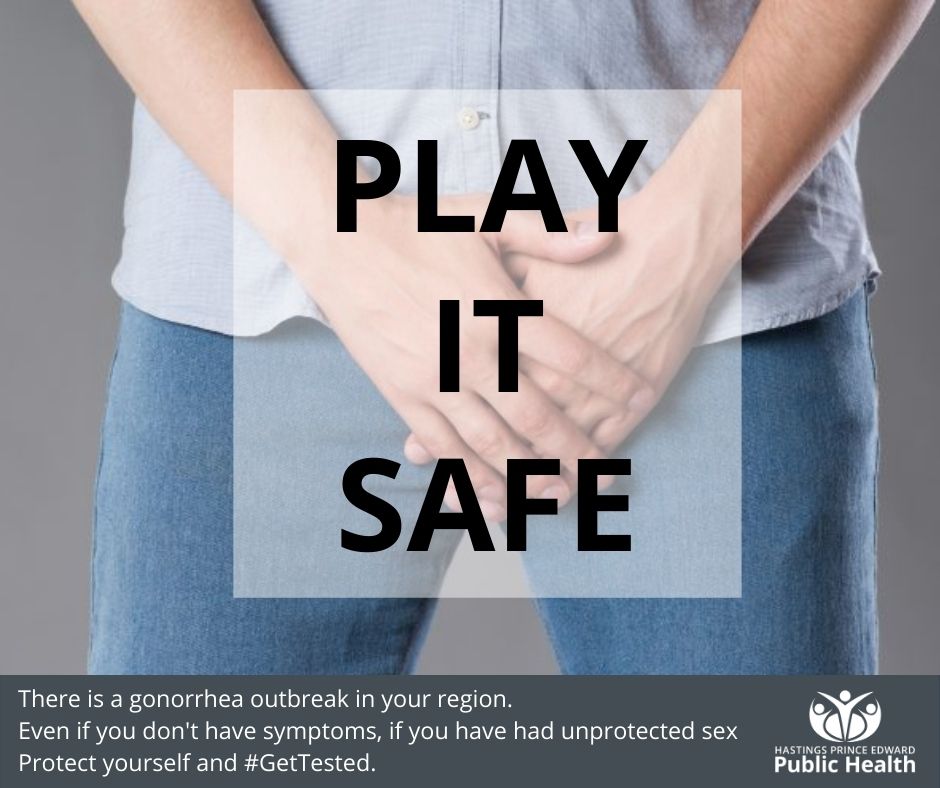Hastings Prince Edward Public Health officials are stressing the importance of safe sex with local gonorrhea rates continuing to climb.
The health unit declared a gonorrhea outbreak back in June 2020, and it continues to experience an unprecedented amount of cases, with a 200 percent increase in 2020 compared to the previous 5-year average.
Medical Officer of Health Dr. Piotr Oglaza says from 2015-2019, the health unit averaged 39 cases per year.
He says in comparison, there were 79 cases last year, and 25 in the first 4 months of 2021 alone.
“There is an ongoing transmission of sexually transmitted infections which is happening and has resulted in these increased rates,” Dr. Oglaza said.
Just because you or your partner don’t have symptoms, doesn’t mean you’re not infected.
Dr. Oglaza says many people have sexually transmitted infections and don’t know it, which means it can easily be passed on to others.
Dr. Oglaza says people from various demographics are testing positive.
“Any kind of barrier methods like condoms, that’s something that will help with preventing the spread,” he said. “It is important to emphasize that any sort of contact, however short, can result in transmission.”
Dr. Oglaza adds if one person is engaging in sexual activities outside of a relationship, they could pass STIs on.
He says this is why residents should get tested, even if they only have one partner.
“The treatment is safe and effective,” Dr. Oglaza said. “Basically, we have very good medication that we can use for that infection but the problem is people need to get screened, and need tested in order to be considered for treatment.”
Public Health is unable to offer STI testing at the current time, as resources have been redeployed to support the COVID-19 pandemic response.
To get tested for STIs, you’re encouraged to contact your primary care provider.
If you do not have a primary care provider, contact a walk-in clinic to discuss testing and treatment options.



